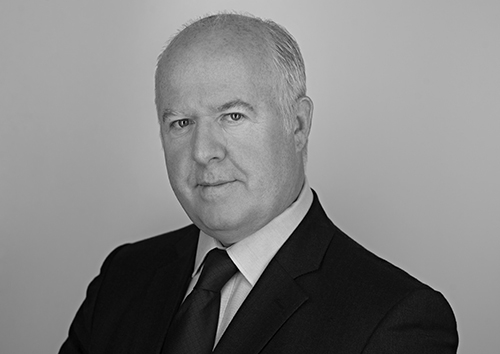The Personal Finance Society has always been something of a problem child for its parent the Chartered Insurance Institute.
There is just no getting away from the fact that the members of the PFS are a feisty and opinionated bunch.
They are, in many cases, not just hard working Financial Planners but also self-made business people who have worked hard for their success. They have strong views and they know what they want.
Many of the CII's own general members work for large insurance brokerages and major insurance companies. They are essentially on a professional career path over which they have little say.
In contrast, PFS members often run their own businesses and expect to have a say in how their professional body is run. They are active rather than passive.
With this in mind it’s no surprise that PFS members have not taken kindly to efforts by the CII over the last few years to deregister the PFS (effectively ending its status as a separate company under the CII umbrella). The CII says deregistration and the axing of a separate PFS CEO role will bring the two organisations much closer to together. There is simplification of purpose in doing this and possibly some cost savings. It may be right.
Fundamentally, however, deregistering the PFS, at least without the full agreement of the PFS board, is a bad move because it does not recognise the appetite of the PFS membership to be a bit different and steer their own canoe, at least to a significant degree.
All of this will culminate next week at the CII’s AGM when deregistration of the PFS will again be on the agenda. Some of the Past Presidents of the PFS have formed an action group to oppose the move and this seems to gaining traction. The CII has a fight on its hands.
The CII admits it could have handled communication about the issue better. It’s not wrong but just a tad understated perhaps. It could have handled the whole issue much better and will need to review why it seems to be at war with some of its own members. It's not a good look.
It’s worth remembering that the PFS is a shining success story for the CII. Formed from two earlier membership bodies, the Society of Financial Advisers and the Life Insurance Association, the PFS was always the professional body financial advisers dreamed of as the sector headed towards the shining light of professional status. It seemed logical then to form it under the aegis of the CII.
Predicted to struggle after the pivotal Retail Distribution Review, which killed off most adviser commission payments, under the PFS CEO Keith Richards (soon to leave) it went from strength to strength.
Membership was expected at one stage to decline from 25,000 to 20,000 or less after RDR. Instead it nearly doubled to 40,000 with its Chartered Financial Planner designation a huge success. It has plenty of potential to grow further. Indeed at a time when some Chartered designations in financial services have struggled to grow, Chartered Financial Planner has become increasingly sought after. It's a pot of gold for the CII and the PFS.
However, the PFS’s ‘company inside a company’ status has always felt like an uneasy solution and needs to be corrected sooner or later.
Ultimately the PFS has two choices. It needs to be much more closely aligned with its much bigger parent, the CII, or seek true independence as a completely separate organisation. We’re about to find out which but change is inevitable if the success of the PFS is not to be crushed. The CII needs to tread very carefully.
Kevin O’Donnell is editor of Financial Planning Today and a financial journalist with 30 years experience. This topical comment on the Financial Planning news appears most weeks. Follow @FPT_Kevin

